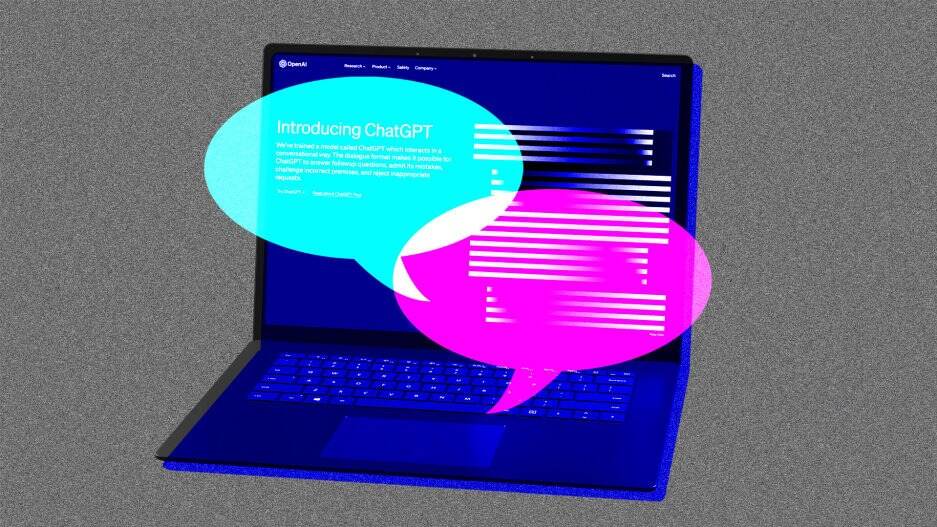- | 8:00 am
How I finally learned to love ChatGPT
I still have my doubts about many of the ways people are using OpenAI’s chatbot. But little by little, I’ve figured out how to make it work for me.

To err is human; to really foul things up requires a computer.
That old wisecrack (often attributed, perhaps mistakenly, to population-control proponent Paul R. Ehrlich) could use an update. Because in 2023, humans are really, really fouling things up with the help of OpenAI’s ChatGPT. The latest poster boy for this fascinating, unfortunate phenomenon: the New York lawyer who offloaded his legal research to the AI chatbot and ended up submitting a brief brimming with references to imaginary court cases.
I’ve written several times about my reservations regarding ChatGPT and other generative AI chatbots, especially their knack for confidently passing off fantasy as fact. I remain skittish about trusting them with truly important work. Lately, though, ChatGPT has gradually worked its way into my life in several useful ways. I’ve even sprung for the $20-per-month ChatGPT Plus service for the best possible experience, which includes access to the latest GPT-4 version, support for plug-ins, and integration with Bing search.
Here are a few of my AI-infused success stories so far:
Household hints. When I managed to drop my electric toothbrush’s AAA battery down the bathroom sink drain, I searched for advice on what to do. Google’s results were full of links to plumbing-company websites, which—this will shock you—said that I should call a plumber. But ChatGPT zeroed in on a much cheaper, easier fix: It told me that I might be able to fish the battery out using a telescoping tool with a magnet on the end. I grabbed one at Home Depot, and it worked like a charm.
Tech tutoring. In the course of operating a few personal WordPress websites, I’ve learned a bit about technical arcana such as Cascading Style Sheets. But I remain a dabbler, not an expert. There are vast quantities of online resources that can help figure out code, but they tend to provide more possible solutions than I need, including ones that are too generic or even obsolete. When I couldn’t figure out how to center my blog’s logo after consulting several such sites, I asked ChatGPT. It gave me a snippet of code tailored precisely to my scenario; all I had to do was cut and paste.
Writing assistance. Until ChatGPT is far less prone to making stuff up, using it as a research tool seems pointless at best—I’d have to fact-check everything it tells me. But when I struggled to come up with a brief, clear headline for last week’s newsletter, I pasted the text into the chatbot and asked for suggestions. I liked one of its ideas more than any of my own, and used it in slightly edited form. (Then again, its proposed headlines for this newsletter—such as “Lawyer’s AI Blunder: From Courtroom Credibility to Fiction!”—were all terrible.)
I’ve also given ChatGPT responsibility for the drudgery of writing SEO summaries (visible only to Google and other web crawlers) for my FastCompany.com articles. And I’m excited about using it to summarize transcripts of the interviews I conduct while working on articles, although it will need to handle larger chunks of text to make that truly valuable. Right now, it can process only about 10 minutes of transcript at a time.
As a human being who makes a living by writing stuff, I can’t say I’m rooting for AI to get better at it than I am. However, I did ask ChatGPT to craft its own version of this newsletter, which you can read here. I’m not too panicky about the prospect of being rendered obsolete—yet—but see what you think.
I’d also love to hear about your adventures in AI, whether ChatGPT has already transformed your life or you’re even warier of its dangers than I am. Drop me a line at hm********@*********ny.com, and I might quote you in a future newsletter (unless you request otherwise).







































